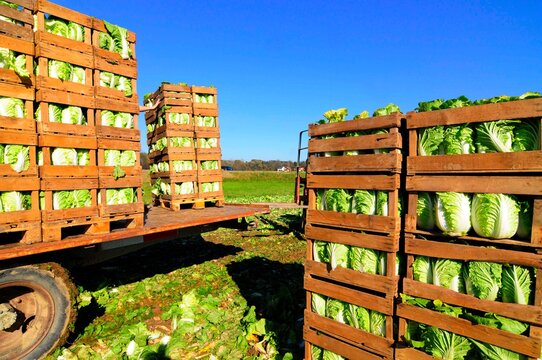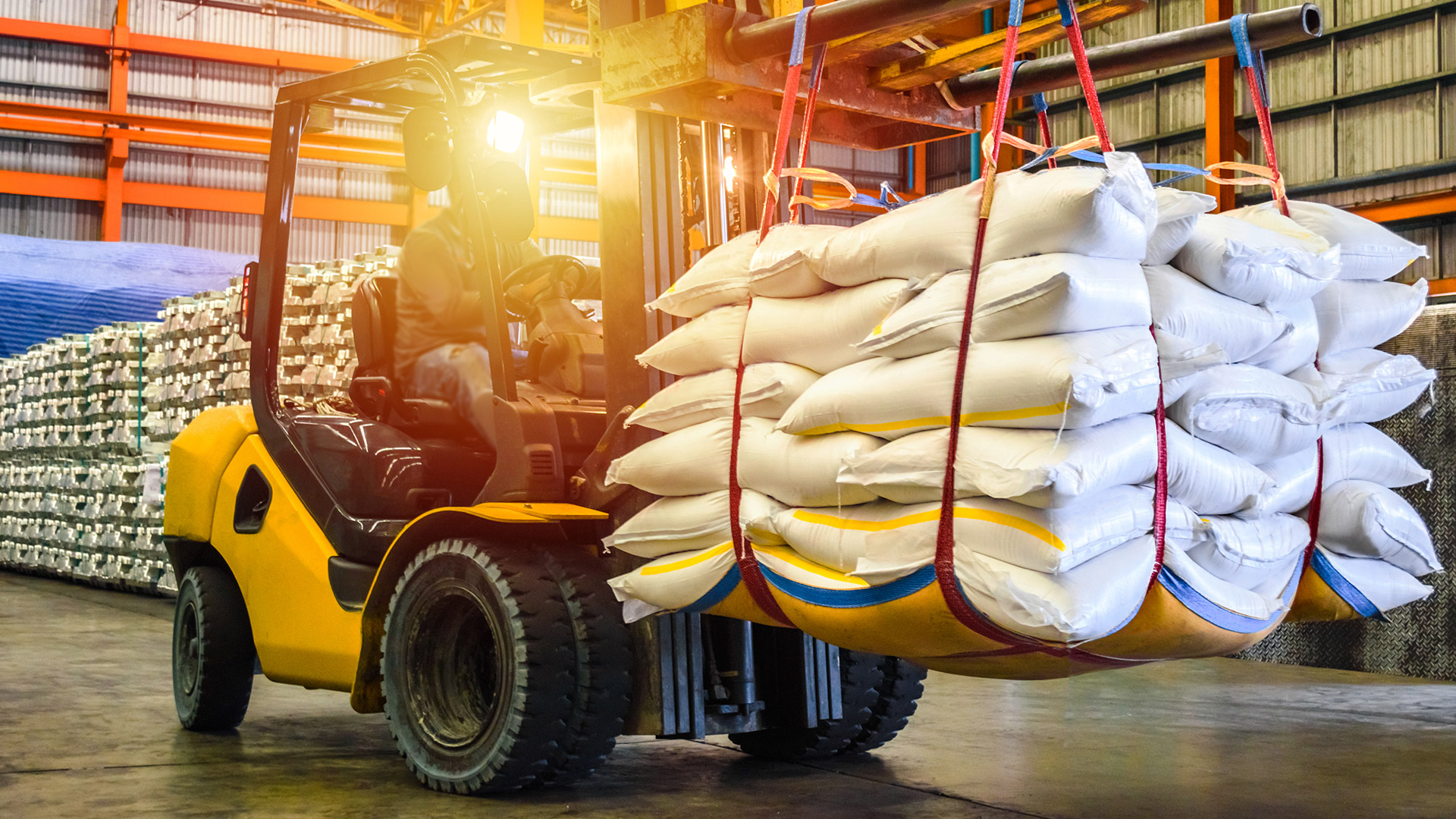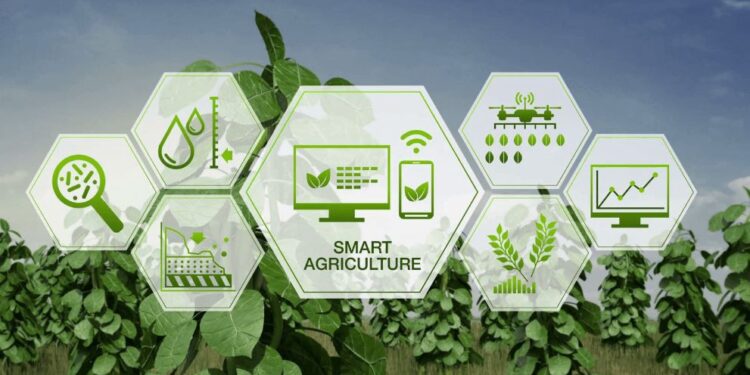Agricultural supply chains are the networks of activities and processes involved in bringing agricultural products from the farm to the consumer. Effective management of these supply chains is critical to the success of the agricultural industry and can have a significant impact on the efficiency, safety, and sustainability of the sector.
Benefits of Agricultural Supply Chain Management and Traceability Improved Efficiency:
Improved Efficiency is one of the key benefits of implementing Agricultural Supply Chain Management and Traceability systems. These systems help to streamline operations and reduce waste, thereby increasing the overall efficiency of the agricultural supply chain. This can lead to cost savings, as well as improved quality control and product safety.

Additionally, these systems can help to reduce the time and resources required to manage the supply chain, freeing up resources that can be invested in other areas of the business. By providing real-time data and insights into the supply chain, these systems also enable more informed decision-making, which can drive further improvements in efficiency and productivity.
Overall, Improved Efficiency is a major benefit of implementing Agricultural Supply Chain Management and Traceability systems, and can help to ensure the long-term success and sustainability of the agricultural sector.
Food Safety:
Food Safety is a critical aspect of Agricultural Supply Chain Management and Traceability. By implementing these systems, agricultural producers, processors, and distributors can improve the safety and quality of their products by monitoring the entire supply chain from farm to table.
This includes monitoring and tracking the use of pesticides, herbicides, and other chemicals, as well as ensuring that products are properly stored, transported, and handled to prevent contamination. Additionally, these systems can help to identify potential food safety issues early on, allowing for prompt corrective action to be taken before products reach the end consumer.
Traceability systems also play an important role in enabling rapid and effective recall of contaminated products in the event of a food safety issue. By providing real-time data and insights into the supply chain.
These systems enable organizations to quickly and accurately determine the source of the problem and take action to prevent further contamination. This helps to reduce the impact of food safety incidents on consumers, while also protecting the reputation and brand of the agricultural producer, processor, or distributor.
Sustainability:
Agricultural supply chain management and traceability can also play a critical role in promoting sustainability by helping to reduce waste, conserve resources, and promote sustainable agriculture practices. Traceability systems can help identify areas where improvements can be made in the supply chain, reducing the environmental impact of agriculture and promoting sustainable agriculture practices.
Challenges to Agricultural Supply Chain Management and Traceability Cost:
Implementing agricultural supply chain management and traceability systems can be expensive, especially for small and medium-sized enterprises. The cost of purchasing, implementing, and maintaining these systems can be a significant barrier to their widespread adoption.

Technology and Data:
Another challenge to the implementation of supply chain management and traceability systems is the lack of technology and data. In many cases, the necessary technology and data systems are not in place to effectively track products through the supply chain, making it difficult to implement traceability systems effectively.
Lack of Knowledge and Expertise:
Another challenge to the implementation of agricultural supply chain management and traceability systems is the lack of knowledge and expertise in the sector. Many farmers and processors lack the knowledge and expertise necessary to effectively use these systems and may be hesitant to adopt new technology and data systems.
Socio-Economic Barriers:
Socio-Economic Barriers refer to the social and economic obstacles that can prevent the implementation of supply chain management and traceability systems. These barriers can be particularly challenging for small and medium-sized enterprises, who may lack the resources to invest in these systems, or may be unable to compete with larger firms that have already adopted these systems.
Other socio-economic barriers may include a lack of access to financing, limited access to technology and data, and limited awareness and education about the importance and benefits of supply chain management and traceability systems. Addressing these socio-economic barriers will be critical to promoting the widespread adoption of these systems, and to ensuring the long-term health and success of the agricultural sector.
Conclusion
Agricultural supply chain management and traceability are critical to the success of the agricultural sector and play an important role in improving efficiency, food safety, and sustainability. Despite the numerous benefits of these systems, there are several challenges to their implementation, including cost, lack of technology and data, lack of knowledge and expertise, and socio-economic barriers.
However, with continued investment in technology and data, and increased awareness and education about the importance of these systems, it is possible to overcome these challenges and implement agricultural supply chain management and traceability systems on a global scale. The agricultural industry must continue to invest in these systems in order to promote efficiency, food safety, and sustainability, and to ensure the long-term health and success of the sector.










